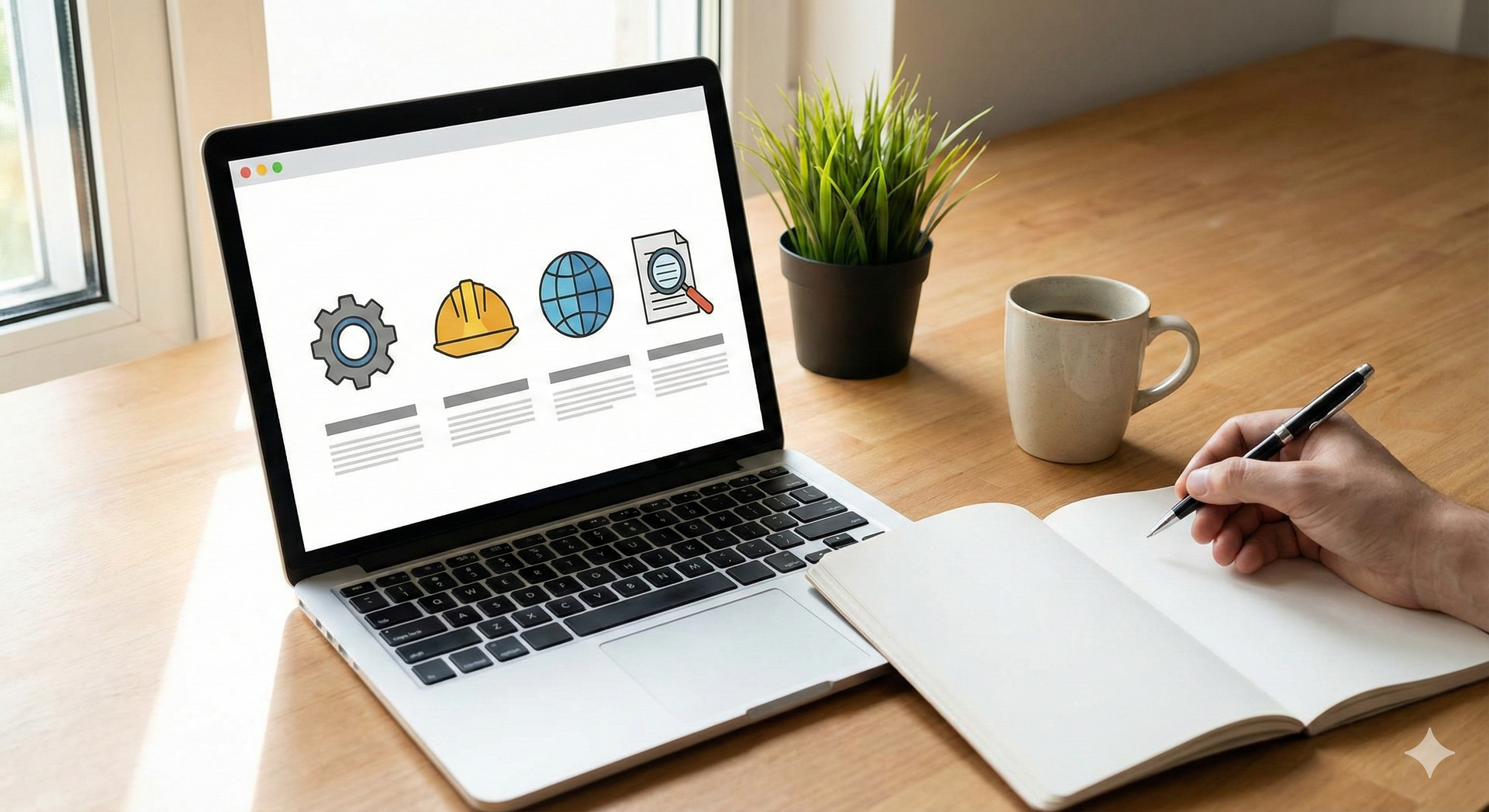Brexit Preparation
As you will be aware, 31st of December marks the end of the Brexit transition period following which the UK will no longer form part of the European Union. Whilst there remains much uncertainty about what this means, it is imperative that businesses continuing to trade with the EU in 2021 understand what obligations they must fulfil in order to remain compliant, and we’re keen to help you through this process as much as possible.
VAT MOSS Changes - for Digital Services Providers only
For sales made on or after 1 January 2021, you will not be able to use the UK’s VAT Mini One Stop Shop (VAT MOSS) service to declare sales and pay VAT due in EU member states.
From 1 January 2021, to continue to use VAT MOSS you’ll need to register for the VAT MOSS scheme in an EU member state, by the 10th day of the month following your first sale to an EU customer. For example, if you make your first sale on 12 January 2021, then you must register by 10 February 2021.
You cannot register for VAT MOSS in an EU member state before 1 January 2021. The digital services threshold of EUR 10,000 will no longer apply.
We would recommend that you register for Non-Union VAT MOSS (if you do not have an establishment in any EU countries) in Ireland as their tax system is very similar to the UK.
VAT Changes - for Ecommerce Businesses
To date, goods delivered to a consumer in another EU territory have been referred to as ‘distance sales’. After 31 December 2021, these distance sales will be considered ‘exports’ from the UK and ‘imports’ into the EU. UK suppliers will need to note that:
- in most EU countries the registration threshold for non-established suppliers is NIL
- the goods will need to clear customs when they arrive in their destination member state and import VAT, and also possibly customs duty, will be due
- most such goods are delivered by post and, unless the supplier has arranged to pay the import VAT (and possibly Customs duty) in advance, the local post office may withhold the parcel until the customer has paid the import taxes due
- there may be reliefs from import VAT and duty for some low-value consignments
- if you use an online marketplace (such as Amazon) you may be asked for additional information as, increasingly, online marketplaces are being held liable for the VAT due on sales made via their platforms.
From 1 July 2021, the EU is extending the single EU VAT return, One-Stop-Shop (‘OSS’), to e-commerce cross-border distance selling of goods. This will include imposing the obligation on non-EU sellers and marketplaces to appoint a special VAT agent, an ‘Intermediary’. This is similar to a Fiscal Representative.
Non-EU resident businesses may also use the OSS simplified filing. They must first register as a ‘non-Union’ taxpayer with the tax authority of any EU member state. They can then file quarterly OSS filings like any EU e-commerce seller. There is a requirement to file a regular domestic VAT return in at least one EU member state. VAT incurred on imports may be declared in the OSS, too.
NOTE: Sellers holding stock in other EU countries will not benefit from the OSS single return simplification. They must remain VAT registered in each country where they are holding stock. This includes selling using the Amazon FBA program.
To report the VAT charged at the point of sale, a new declaration, ‘Import One-Stop-Shop’ (IOSS), is being introduced. This will report distance selling across EU borders of imported consignments not exceeding €150. Sellers will have to register for IOSS in just one EU state. They will be issued a unique IOSS identification number which should be listed on all packages sent to the EU. This will indicate to customs that VAT is being properly declared and help ensure speedy customs clearance.
Like the OSS, IOSS will be a quarterly filing submitted to a tax authority in one nominated EU member state. It will declare import VAT due in all EU countries. The format and due dates will be the same as the VAT OSS. Sellers will have to make a single cash payment of the VAT due to the country where they are IOSS registered.
Amazon FBA
If you are using Amazon FBA across EU countries, there would already be an assumption that you are registered for VAT within each country that you are operating (note the VAT registration thresholds in most EU countries is NIL) and are making the relevant VAT submissions on a monthly/ quarterly basis as required by the EU state.
If you are using Amazon FBA in the US or Canada, please be aware that even if Amazon deducts Sales Tax and remits to the State you had sales activities, the State would still require you to have a Sales Tax permit and submit a return on a monthly/ quarterly basis.
GDPR - European Representatives
If you are a UK-based controller or processor:
- with no offices, branches or other establishments in the EEA; but
- you are offering goods or services to individuals in the EEA or monitoring the behaviour of individuals in the EEA.
then you will still need to comply with the EU GDPR regarding this processing even after the end of the transition period.
For more information please see
here.
How can OnTheGo Help
We’re keen to help guide you through this transition as much as we can, however we do not have a local presence outside the US and the UK and therefore cannot make EU VAT filings on your behalf. As such there are a couple of options for you to consider, depending on your situation and preference:
- If you need assistance with VAT MOSS registration please contact us.
- If you are an e-commerce business, you can use a 3rd party VAT registration and filing service provider, to register you in those countries where you sell, and automating the subsequent VAT filings. If you are using Amazon FBA, you can also use Amazon VAT services (managed by Avalara) which should be a cost-effective solution.
- Ceasing sales within the EU until the UK Government are able to secure a more transparent and concrete plan as to how the UK will be able to trade with European countries in the future
Please be aware that if you are selling on Amazon FBA in the US, you are likely still required to hold a valid sales tax permit and file sales tax returns in states where a) you have sales tax nexus b) your marketplace collects and remits sales tax on your behalf.
If you are selling via your own website (e.g. Shopify), please contact us and we can advise you whether Nexus will apply to you.





